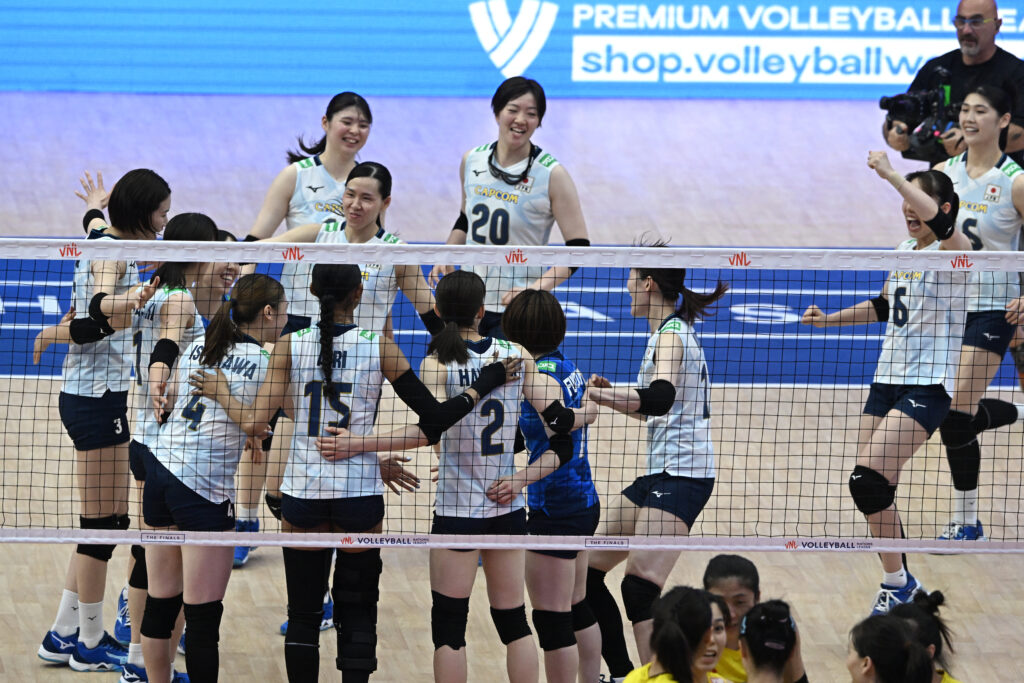
- ARAB NEWS
- 15 Jul 2025

TOKYO: Uniforms using a newly developed material have been created in Japan for the Paris Olympics for the purpose of protecting female athletes against secret photographing.
Such new uniforms will be used by Japanese athletes in volleyball, table tennis, and hockey at the Paris Games, set to start on July 26.
Secret photographing of female athletes for sexual purposes has been a serious problem in recent years.
Major Japanese sporting goods maker Mizuno Corp., which was involved in the development work, started research about five years ago, according to Kazuya Tajima of the company.
After making dozens of prototypes, Mizuno developed a special thread that can absorb infrared rays.
When a picture of a human is taken with an infrared camera, underwear worn by the person is seen through in the image. But a uniform using the new thread largely prevents this from happening, Tajima said.
In the process of developing the new material, Mizuno collected opinions from athletes.
“Some athletes have experience being secretly photographed, and some told me that they are happy to be able to play with great peace of mind thanks to such a countermeasure,” Tajima said.
But he said, “The problem of secret photographing of athletes is still not known much,” adding: “If people pay more attention to the issue, there will be greater vigilance. Changing people’s mindset is very important.”
Mizuno plans to use the newly developed material also for sportswear and innerwear.
A relative of a volleyball player said that countless shutter sounds are often heard from the spectator stand.
But the relative said angrily: “Some spectators take pictures only when a player serves a ball or during a timeout, and sleep once the game starts. I want a system in which only those making prior applications are allowed to bring in their cameras.”
At a Nations League volleyball event held in Fukuoka Prefecture, southwestern Japan, spectators were allowed to take pictures unless they used flash or large equipment that interfered with other spectators, according to the Japan Volleyball Association.
At a separate volleyball event, the association called on visitors to use a dedicated quick response, or QR, code for reporting secret photographing at the venue.
Josai University professor Rieko Yamaguchi, an expert on sports and gender issues, hailed the development of the new uniform material by Mizuno, calling it “a welcome development.”
Still, she said, “A fundamental problem has yet to be addressed,” noting that there are cases of secret photographing using cameras with telephoto lens.
“I want people to watch sports with a sense of morality and see players as athletes.”
JIJI Press